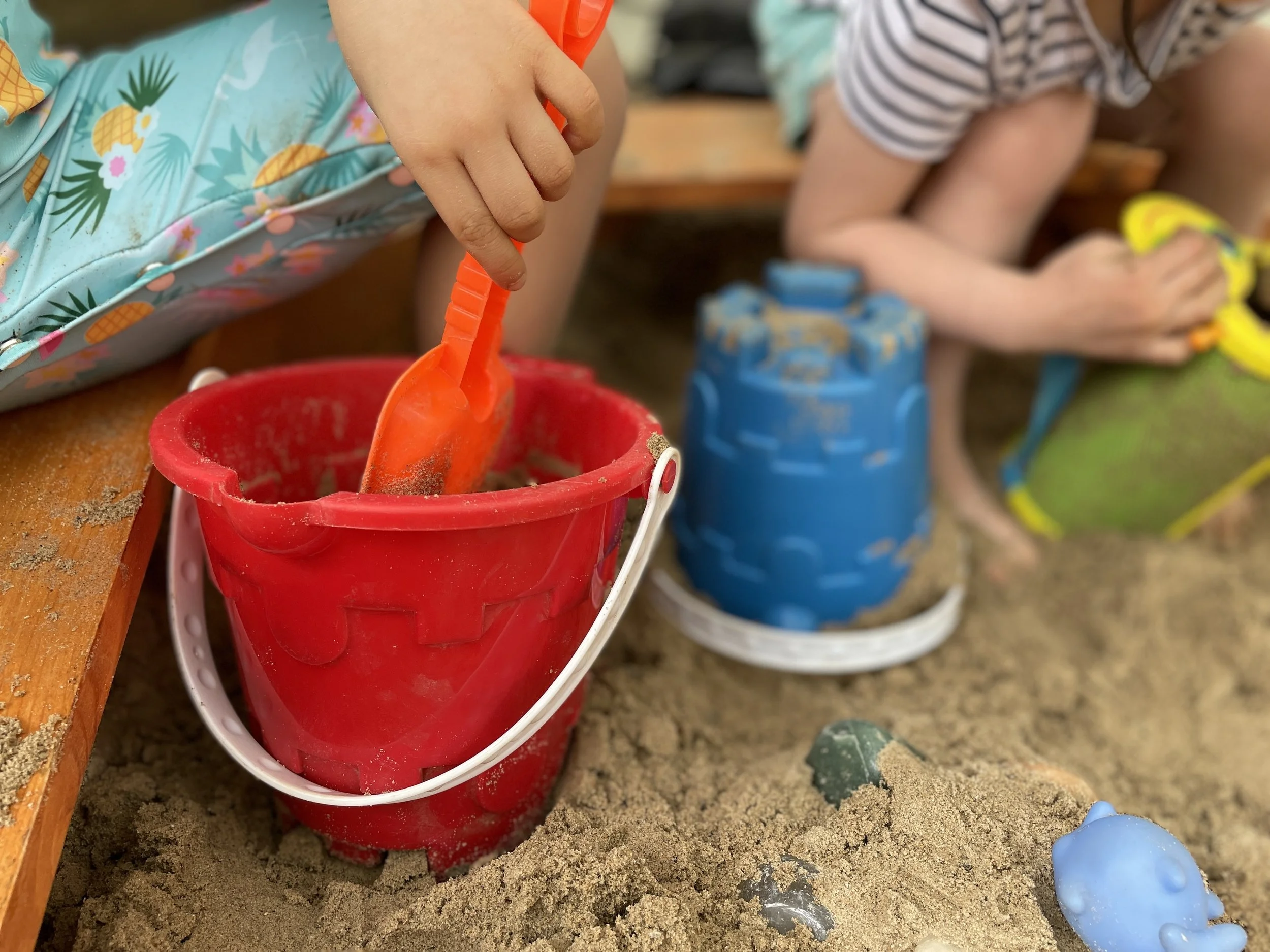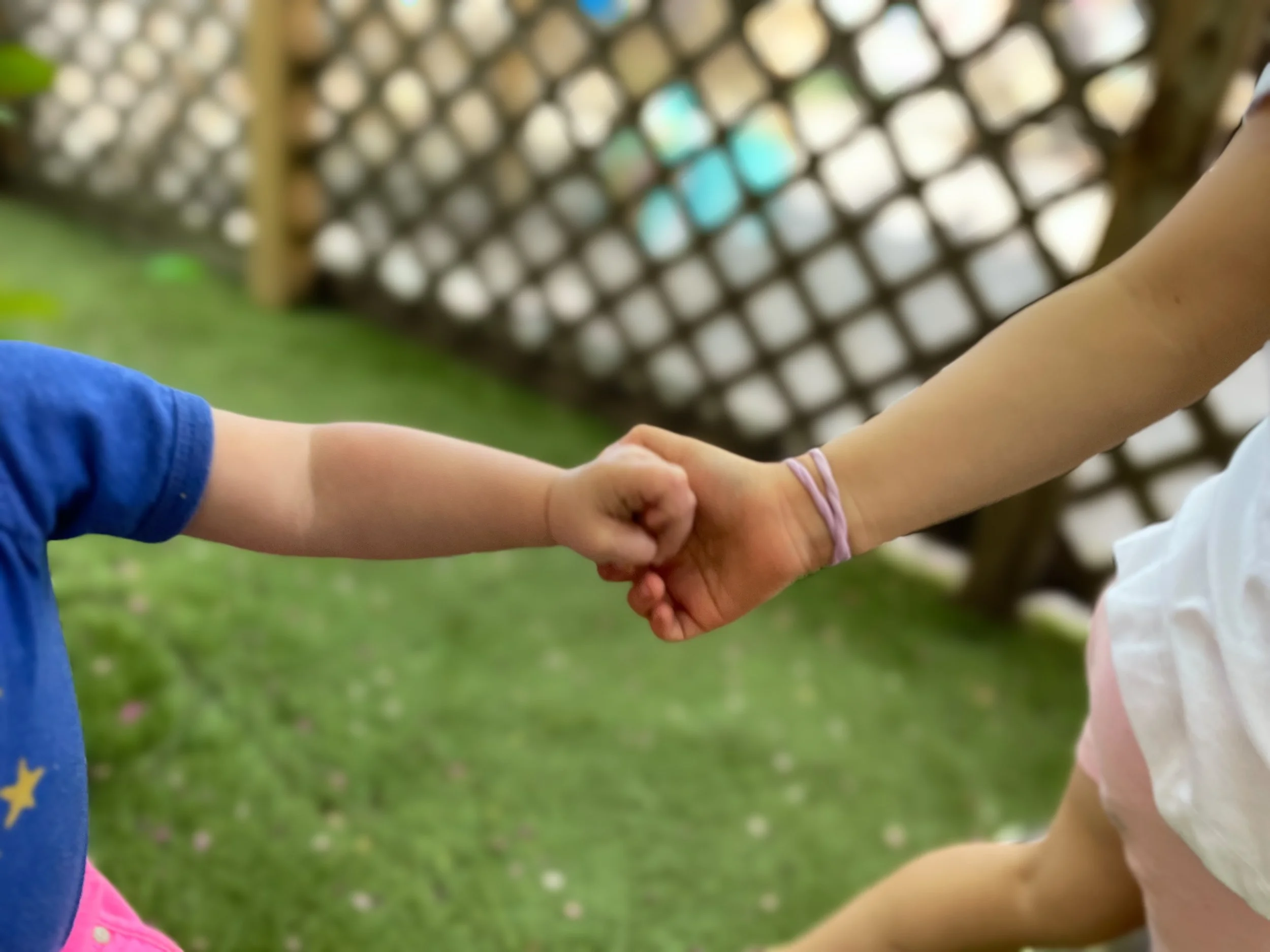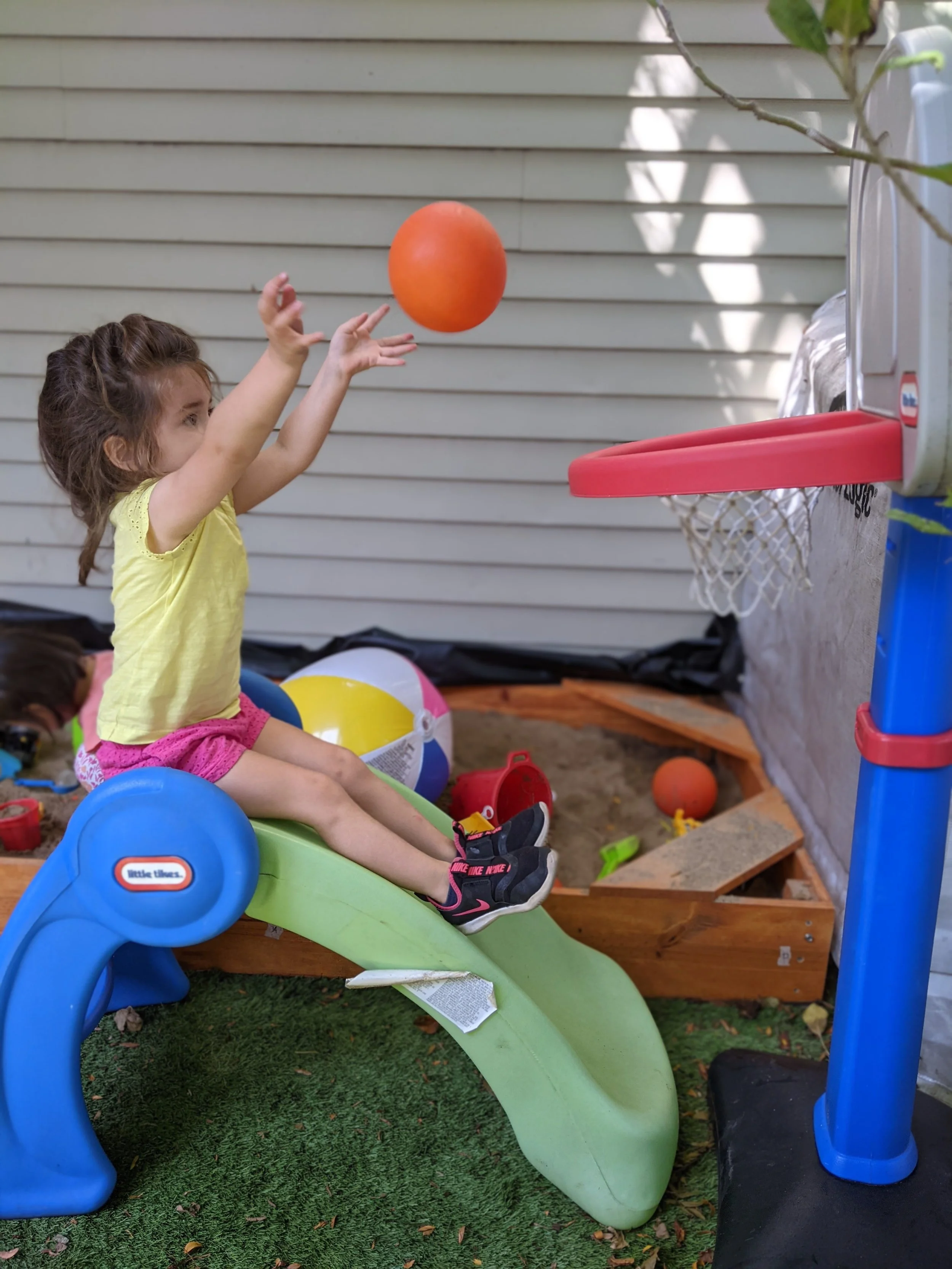I believe that education, therefore, is a process of living and not a preparation for future living.
— John Dewey, "My Pedagogic Creed"
Moro Mou's Educational Philosophy
At the heart of my philosophy is one question: What is the purpose of education? For me, education is the process of becoming better acquainted with oneself, one's community, and the world one lives in. Through this process, the learner becomes aware of their relationship with themselves and their peers, their connection to their culture and society, and their place in the context of history, as well as how each of these entities works and functions together. With this awareness, the learner is better able to live authentically, experiencing all that life has to offer, and contribute meaningfully to their community.
This process includes not only the social-emotional development it implies, but also engaging with scientific and mathematical thinking, critical reasoning and logic, developing finely honed literacy and communication skills, taking on social and civic responsibilities, as well as embracing artistic expression.
All of these skills have their foundation in the earliest years of a child's life. It's my goal to foster all of this learning through exploratory, child-directed play, facilitated by a thoughtfully curated environment and guided by my careful planning. My methods are largely informed by the Reggio Emilia approach and the High/Scope method, along with John Dewey's Progressive Education.
Reggio Emilia
The Reggio Emilia method emphasizes the role of the child as an active agent in the construction of their own knowledge. In this mindset, the goal is not for the teacher to transmit knowledge to the student, but for the teacher to act as a facilitator, instigator, and guide in the child's self-directed quest to construct knowledge. The teacher provides stimulating and open-ended materials, a safe environment that invites exploration, and a stable presence that encourages and challenges the children in their quest.
These principles also guide the way that children learn at Moro Mou. Materials are carefully curated to provide varied sensory experiences and opportunities to explore and experiment, and the materials and space we have will grow and change with the children, according to their passions and ideas. We will seek out experiences in our neighborhood and city to find real-world engagement of all the senses, opportunities to exercise our bodies in free and challenging ways, and new friends to learn and explore with.
Reggio Emilia also emphasizes the role of family and community in a child's life and education, acknowledging that all the various stakeholders in a child's life are crucial to the child's development, and they all need to communicate and work in harmony. Likewise, I strongly believe in fostering strong, authentic relationships among families, children, and school. You can read more about how Moro Mou creates a strong community among its families here.
High/Scope and Progressive Education
Moro Mou also incorporates elements of the High/Scope method and John Dewey's Progressive Education.
Like Reggio Emilia, both High/Scope and Progressive Education view the child as someone who constructs their own knowledge through free, exploratory play in an active and enthusiastic way. Progressive Education also particularly emphasizes problem-solving and critical thinking as well as social responsibility and active democracy.
To me, these ideas are absolutely crucial to becoming a good citizen of the world. To that end, I foster critical thinking and problem-solving by taking more of a dialogic role or a mediator role when children are confronted by challenges or conflict. I ask guiding questions and help de-escalate tension so that the children are guided toward finding their own solutions rather than relying on authority figures to solve their problems for them. At Moro Mou, instilling a sense of personal and social responsibility is also critical. From an early age, I make sure that concepts like consent, fairness, generosity, and compassion are a consistent presence throughout any activity.
As for High/Scope, there is a practice in that method known as "Plan, Do, Review" that helps maintain mindfulness in the children's exploration. The idea is that at the beginning of the day, the children will plan what they intend to do that day. Then, they will enact their plan, being mindful of their activities, their feelings, and the outcomes of their play. Afterward, they come back together to reflect on what they did: if things went according to plan or not, why something may not have gone as expected, how they felt about what they did that day, etc. This mindfulness is something I think is important for anyone performing any task, and it also helps instill a sense of agency and responsibility in the child who is tasked with planning their own activities.





